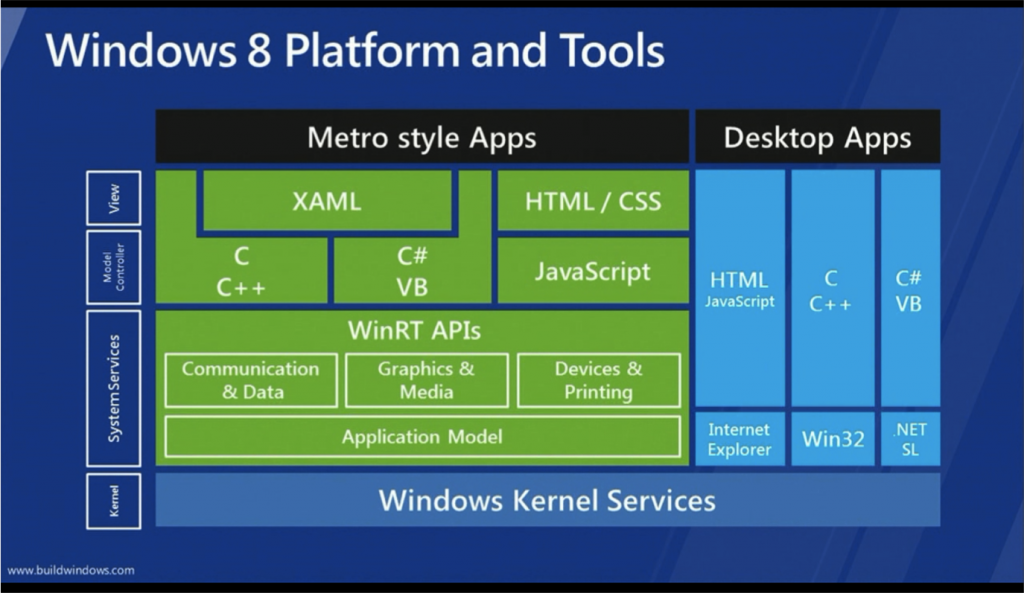Note: If you are reading this on the site, you will see the banner censored.
The US Congress is currently discussing a bill that will give the power of government to shut down websites, prosecute social network users (i.e. you and me) for making minor non-commercial copyright violation (e.g. singing a pop song on Facebook), etc. This is the end of free speech on Internet as we know it, and is an attempt to build national firewall and censorship system much like the one in China.
Please join us for the fight to preserve freedom on Internet. More information can be found at americancensorship.org.





